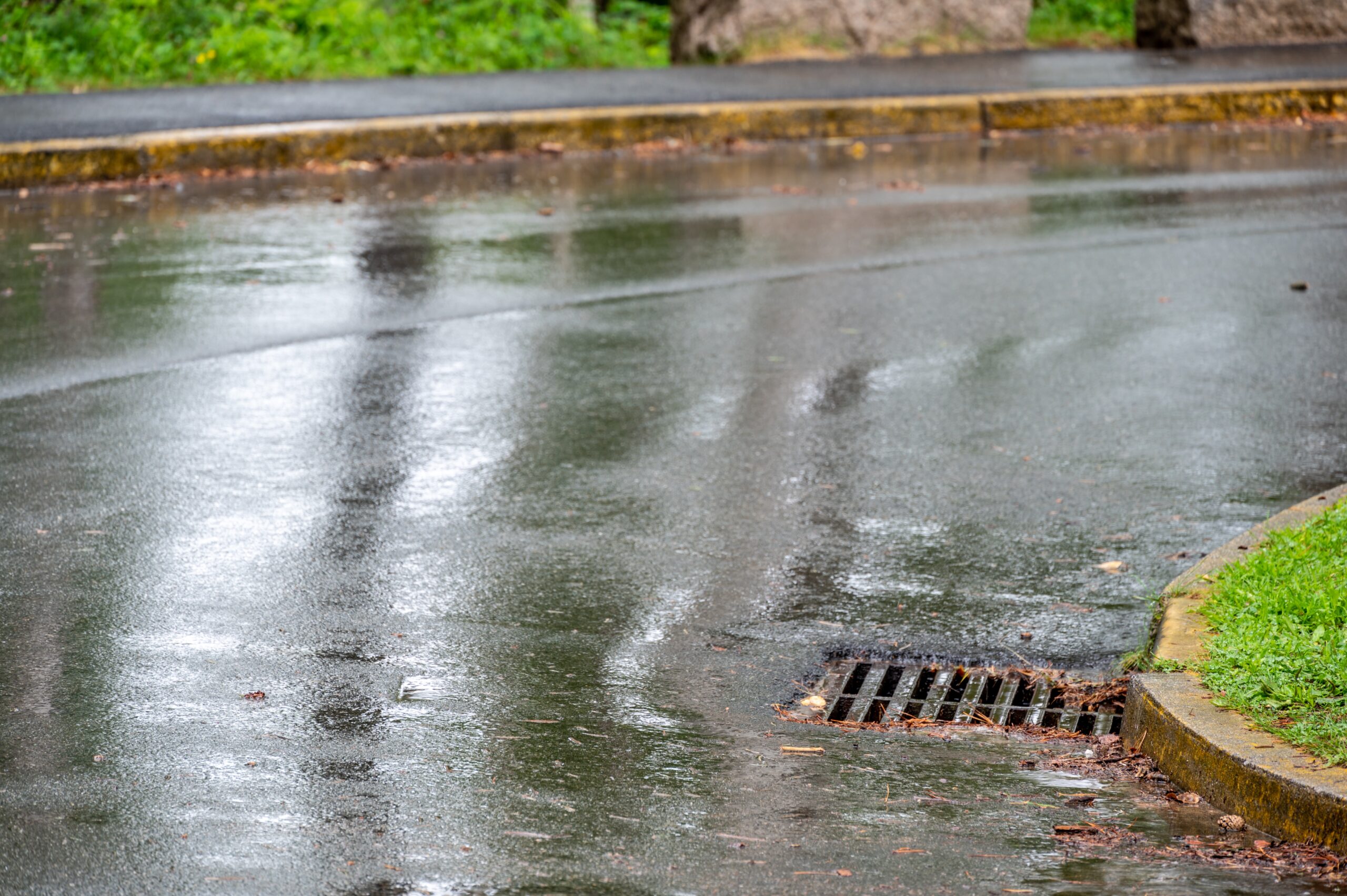 Stormwater
Stormwater
Stormwater runoff occurs when rain or snowmelt flows over the ground on its way to storm drains, drainage ways, creeks and lakes. Stormwater picks up debris, chemicals, dirt, pet waste and other pollutants, and it deposits them in water bodies we use for swimming, fishing and drinking. Runoff from a rain storm or snow melt is not treated at a wastewater treatment facility, so the Town takes preventive measures to help ensure the runoff stays as clean as possible, particularly around construction sites and landscaping.
The Public Works Department spends a great deal of time monitoring and cleaning the Town’s stormwater infrastructure and ensuring the Town is in compliance with all state regulations. During the rainy spring and summer months, proactive and response operations often occur on a daily basis. In addition, the Public Works Department is responsible for educating people about their role in influencing water quality on a neighborhood watershed scale.
- The watershed that all of the streams, creeks, and rivers drain to in the metro Denver area is the South Platte watershed.
- The Town depends on residents to assist in the upkeep of our stormwater system.
- Each homeowner is responsible for keeping the gutter pans in front of and beside their home clear of buildup and debris.
- The Town acknowledges that this can be a challenge for residents on flat streets, but it is crucial to preventing pooling and flooding.
Watch for information from Public Works on the best ways to control pollution sources, how to promote stewardship in neighborhoods, and how to adopt better water quality stewardship practices at home and at work.
Floodwater
The Flood Plain Ordinances contained in this site are provided for informational purposes only and should not be relied upon for legal purposes. The official Flood Plain Ordinances are on file at the Columbine Valley Town Hall.
